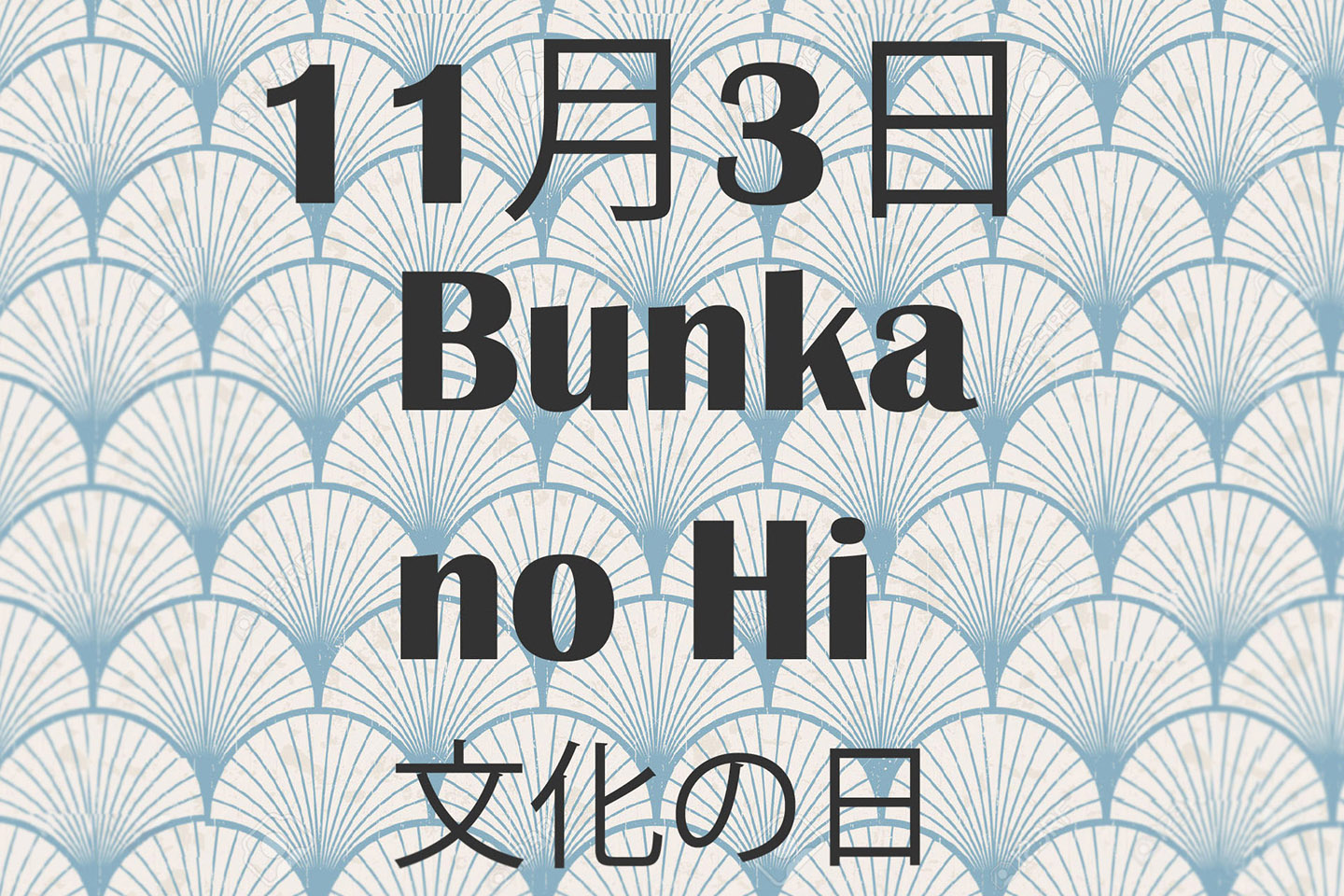
Culture Day (Bunka no Hi) is celebrated in Japan on November 3. On this day, Japan’s emperor awards the Order of Culture to those who have contributed to Japan’s art, literature, science, or technology. Recipients include Nobel Prize award-winning scientists, actors, writers and artists. Many Japanese honor Culture Day by attending festivals, parades, or museums and exhibitions.
Japan is an industrial and cultural powerhouse with a global reach in everything from tech to filmmaking. Japanese is the world’s ninth most widely-spoken language, with 130 million speakers. Most native speakers are in Japan, but millions more speak the language worldwide, including Japanese communities in Hawai’i and Brazil.
There is robust interest in learning about Japanese language and culture at MIT. Japanese Studies at MIT offers classes in a wide variety of cultural subjects (for example, classes on Anime, Film, Popular Culture, Music), in political science and history, as well as beginning through advanced language subjects. Global Languages also offers students the option of completing a concentration or minor in Japanese. In 2019, Global Languages initiated the Miyagawa Japanese Prize, which is awarded annually to students who demonstrate excellence in Japanese classes. The award is named in honor of Professor Shigeru Miyagawa, who taught in the unit until 2019
The MIT International Science and Technology Initiatives (MISTI) Japan Program sends 30 to 40 MIT students each year to Japan to experience Japan’s engineering and science culture first-hand. Althoughthe program was affected this year, due to COVID-19 restrictions, MIT-Japan organized a Virtual Language Conversation Exchange with the Tokyo Institute of Technology (also known as Tokyo Tech). MIT-Japan’s managing director, Christine Pilcavage, and Global Languages’ Senior Lecturer, Takako Aikawa, collaborated with Professor Eri Ota and Naoko Goto of the Center of International Education at Tokyo Tech to create this six-week program.
